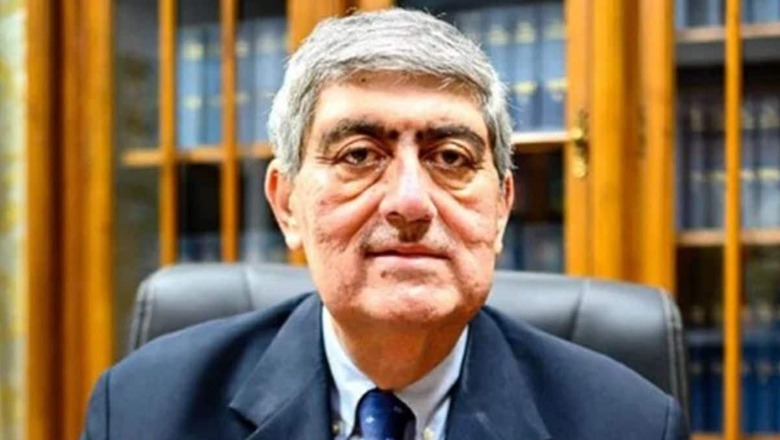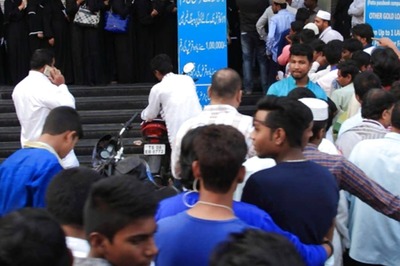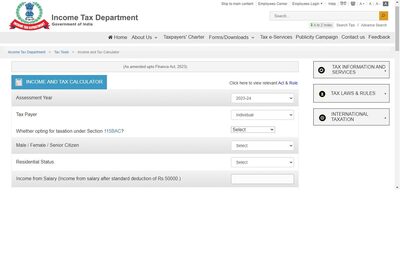
views
The current law is the Collegium and until the government brings in a new law, the Collegium will work as it was envisaged, former Supreme Court judge Justice Sanjay Kishan Kaul said on Friday as he weighed in on the reignited National Judicial Appointments Commission (NJAC) debate.
“The question is whether the political class is comfortable with the Collegium system. That seems to be a bit of a problem. But the current law is the Collegium and my belief is that until Collegium is the law, it must operate as envisaged,” Justice Kaul, who retired on December 25, told CNN-News18 in an exclusive conversation.
“The challenge to the Collegium system working has come post the NJAC judgment because the political dispensation, over a period of time, has not been able to accept it. They feel they have a role to play and when there is a dominant majority government, they feel they should have a bigger say in the appointment process,” he added.
Elaborating on striking down the NJAC, Justice Kaul said: “Whether NJAC should have been struck down in this manner is a legal debate but my personal belief is that it got buried before it got a chance. Maybe it could be kept for some time to see if it works is one method.”
“The second method is to tweak it. I believe it could be done because when you’re testing it on the parameter of Constitution and basic structure doctrine, the predominance of judiciary was what was envisaged..,” he added.
Kaul said: “I don’t think many things can change now in the Collegium system. What was required and could be done has been done. The second aspect now is appointment. If the government feels it wants a new system, it will have to bring a law in consensus and in the context of what the court observed while quashing the NJAC,” said Kaul.
Speaking on the issue of criticism and trolling of judges on social media, the former judge of the apex court said: “The whole concept of social media arises from everybody having an opinion on everything and social media permits you to express an opinion on something you know nothing about. It’s the reflection of the system where no one wants to listen and only wants to talk. If a judge starts deciding how the medical profession should run, there will be a problem. Similarly, a person not able to understand how judiciary functions won’t be able to accept it.”
Justice Kaul was appointed as Additional Judge of the High Court of Delhi on May 3, 2001, and was appointed as a permanent Judge on May 2, 2003. He was briefly appointed as the Acting Chief Justice of the Delhi High Court in September 2012.
Subsequently, in 2013, he was elevated as the Chief Justice of the Punjab and Haryana High Court. Justice Kaul was then transferred to the Madras High Court as Chief Justice in July 2014. On February 17, 2017, Justice Kaul was appointed as a Judge of the Supreme Court.

















Comments
0 comment